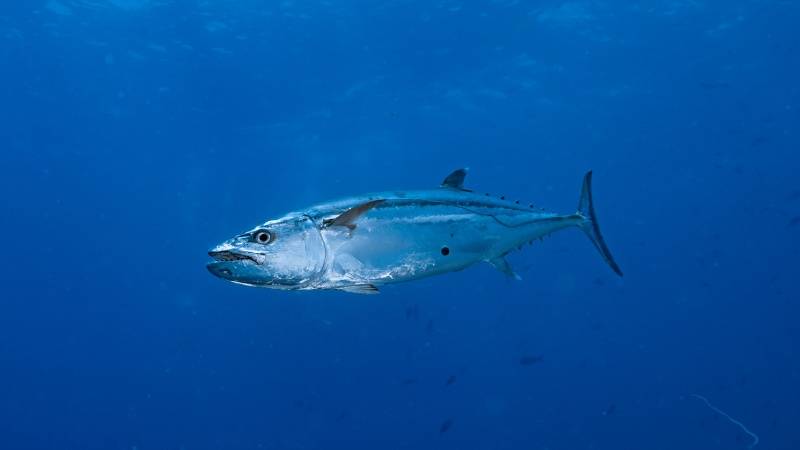In a significant development, a Spanish research center has successfully bred Atlantic bluefin tuna, prompting at least two companies to accelerate their plans for large-scale land-based tuna farming. This marks a shift from the traditional method of capturing young wild fish and raising them in open-sea cages.
The breakthrough occurred in July at the government-affiliated Mazarrón aquaculture facility in Murcia. Following this, Next Tuna announced its intentions to construct a tuna farm north of Valencia. Additionally, Nortuna, a Norwegian enterprise, has entered into an agreement with Mazarrón to set up a pilot site in Cape Verde, located off Africa’s west coast.
According to The Guardian,
Proponents of commercial aquaculture argue that increased farming in closed tanks will reduce the need to capture wild Atlantic bluefins, alleviating pressure on marine populations. However, several NGOs have voiced concerns, noting that more farmed tuna would necessitate extracting more fish from the oceans for feed. Concerns about animal welfare, increased antibiotic usage, and potential water pollution have also been raised.
While Pacific and southern bluefin species have been bred on land in the past, the successful reproduction of Atlantic bluefin from tank-based adults is a first. These fish are highly sought after for sushi, but overfishing driven by commercial demand has led to a decline in their populations, with some regions witnessing a drop of up to 80%.
Aurelio Ortega, the head researcher at the Mazarrón center, shared, “We have about 2,000 or 3,000 tuna fish now. They weigh about 5g to 10g each, and they will take two to three years to reach a size of about 30kg to 40kg.”
Environmentalists have highlighted the unsustainability of tuna farming, pointing out that “90% of the species used for fish meal and fish oil are food grade, meaning it could feed humans directly.” There are also concerns about the environmental impact of waste from tuna farming.
Both Nortuna and Next Tuna have entered contracts with the Mazarrón research center. They emphasize their commitment to maintaining low tuna densities in their tanks. However, some experts argue that even spacious captivity might not meet the needs of migratory species like tuna.
Paul Sindilariu, co-founder of Next Tuna, detailed their approach, saying their farming system would have “no outflow, so no environmental impacts.” The company aims to control water quality and temperature conditions similar to a lab setting.
Both companies have plans to scale up their operations in the coming years, with Next Tuna aiming to sell approximately 45 tonnes of juvenile Atlantic bluefin tuna by 2025 and increasing that to 1,200 tonnes by 2028.
Lastly, the humane treatment of captive tuna, especially during slaughter, remains a contentious issue. While some methods have been recommended by the World Organisation for Animal Health, companies are exploring various approaches to ensure the well-being of the fish.
More inspiring green news similar to this:

